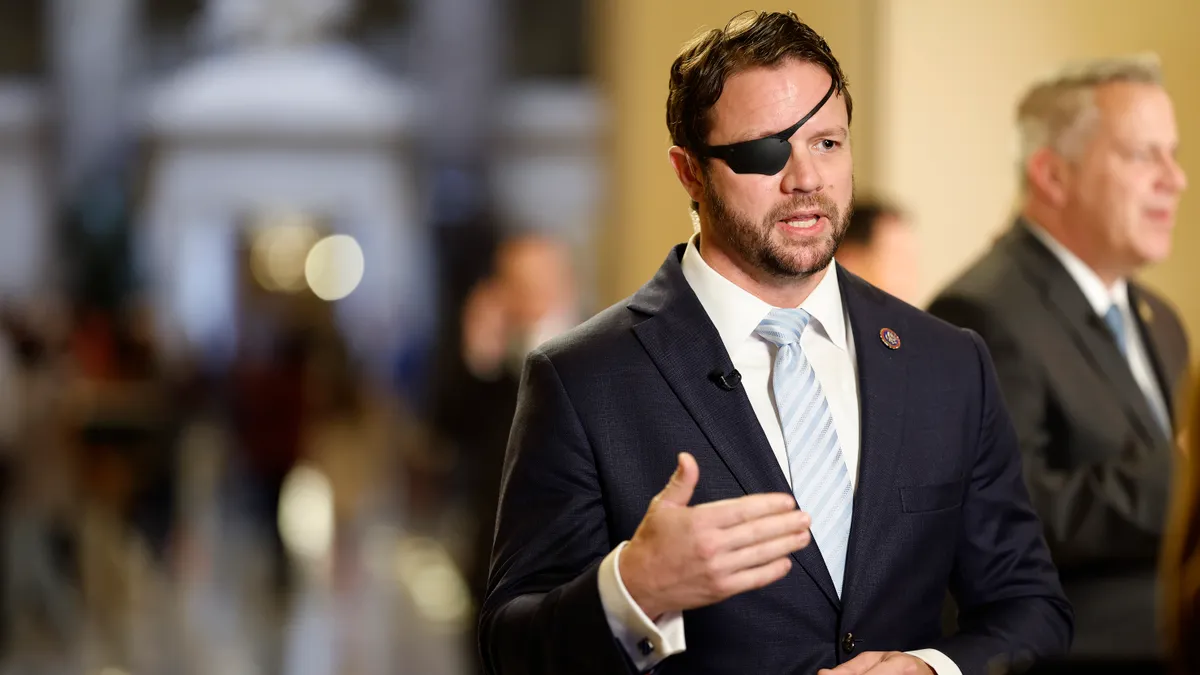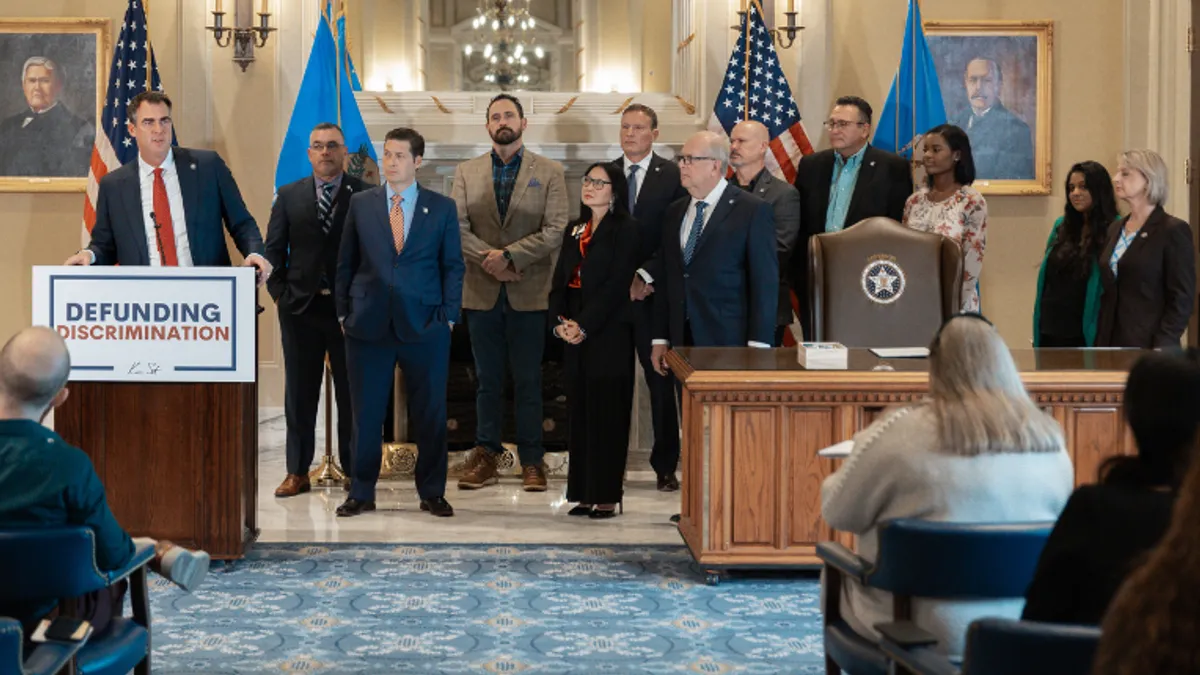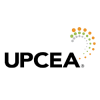Dive Brief:
- The Small Business Administration (SBA) may have "missed opportunities" to work toward its goal of supporting historically black colleges and universities (HBCUs), according to a new report from the Government Accountability Office (GAO).
- A 2017 executive order directed the SBA and other government agencies to prepare annual plans to help HBCUs provide quality education, the report notes.
- The SBA crafted a plan in 2018 to foster more collaboration between HBCUs and the agency's various local offices. But the SBA has not collected enough data on its efforts to assess the offices' impact due to issues in the plan's execution, the GAO report notes.
Dive Insight:
The SBA outlined two goals in its 2018 plan: help HBCUs participate in federally funded programs and support more entrepreneurship in underserved markets.
To achieve the latter, the SBA planned to form agreements between HBCUs and its various district offices, many of which offer entrepreneurial training and counseling to college campuses. Such efforts could be critical to helping HBCUs, which have long been underfunded and have seen their enrollments slide over the past decade, except for a slight uptick beginning in 2017.
Yet the SBA did not communicate the goals of its plan or assign responsibilities to its offices, and it did not set up a method for adequately collecting data on its efforts, the GAO report notes. This makes it hard to assess the progress of the SBA's goals, the report stated.
Some HBCU leaders have been critical of some of the SBA's services. Between 2013 and 2018 the agency signed 35 memorandums with HBCUs to formalize their relationships. But when the GAO contacted six HBCU representatives, three of them said they weren't aware of such agreements or they didn't yield results for their colleges, according to the report.
The GAO recommends the SBA "assign and document clear roles" to help carry out its plans and implement better ways to collect data on its efforts.
There's room for improvement in other federal programs that benefit HBCUs as well, previous GAO reports have pointed out.
For instance, the U.S. Department of Education's HBCU Capital Financing Program was designed to help institutions upgrade their facilities. Yet fewer than half of the nation's 101 HBCUs have used the program, even though many have growing backlogs of deferred maintenance, the GAO noted in a 2018 report.
HBCU funding is increasingly in the spotlight as candidates for the Democratic presidential nomination have made it one of their key planks. Most recently, one contender, New Jersey Sen. Cory Booker, proposed $100 billion in funding for HBCUs, $30 billion of which would be used to upgrade colleges' infrastructure.
Other candidates for the nomination — including former Vice President Joe Biden, Sen. Elizabeth Warren (D-Mass.), and South Bend, Indiana Mayor Pete Buttigieg — have also pledged large sums to HBCUs if they become president.
"It's an exciting time to be a part of an HBCU ... because we're really seeing all these campaigns come out with plans that address the (specific) needs of schools," Victor Santos, director of government relations at the Thurgood Marshall College Fund, told Education Dive earlier this month. "They're not trying to shoehorn us into whatever their agenda is."









